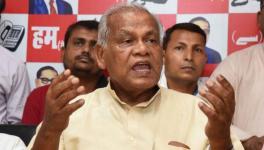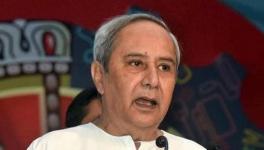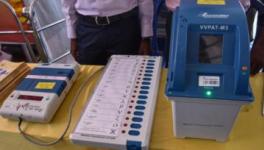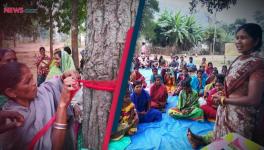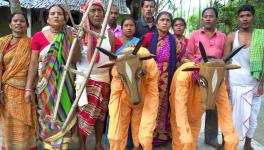Assam Govt’s Move to Identify ‘Indigenous’ Muslims ‘Divisive’
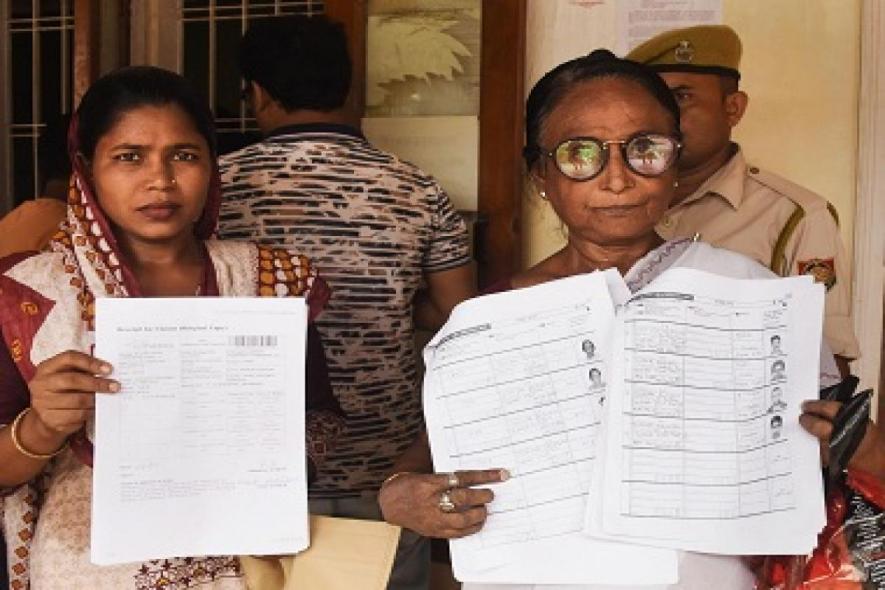
Image Courtesy: Firstpost
The Sarbananda Sonowal-led BJP government in Assam called a meeting regarding its plan to conduct a socio-economic survey to identify the “indigenous” Muslim communities of the state earlier this month —in order to segregate them from the Bengali-speaking Muslims who migrated from Bangladesh years ago, but are still considered “illegal” by the non-Bengali-speaking population (both Hindus and Muslims).
As per the government, there are around 1.3 crore Muslims in Assam, of which, around 90 lakh are Bengali-speaking Muslims.
According to the Assam Accord signed in 1985, those who migrated from Bangladesh to Assam before the cut-off date of March 24, 1971 are to be considered Indian citizens in Assam.
However, a majority of the Bengali-speaking communities (now called ‘Miya’) came to Assam during the British colonial period itself and are residing in the low-lying areas (called “char” areas) in the Brahmaputra floodplains. This area known as ‘lower Assam’ is also among the most economically backward areas in the state.
The final list of the National Register of Citizens (NRC) in Assam released in August last year left out more than 19 lakh people.
Since the vast majority of these people who were excluded from the NRC are Hindus, right-wing groups led by BJP and certain ethnic groups have been objecting to the list and claiming that “illegal” Bangladeshi immigrants have been included while “genuine” citizens were left out.
As for this new survey, likely to be conducted in the next fiscal year as per reports, only four Muslim communities — Goria, Moria, Desi and Jolha (of the tea tribes) — will be considered as “indigenous”.
State minister Ranjit Kumar Dutta told media, “In the state budget of 2019-20, Rs 100 crore was earmarked for Indigenous Muslim Development Corporation. A survey will be conducted to identify the people from Goria, Moria, Desi and Jolha of the tea tribe community of the state, who are considered to be indigenous.”
There are also other Muslim communities in the state (besides these four) which have not been included — but which also consider themselves to be “indigenous” — Maimal, Sayed, Ujani, etc. The government has neither defined “indigenous” nor given any justification for including only four communities.
However, this premise of extending targetted welfare benefits by identifying ‘native’ Muslims, a minority of whom migrated to the state centuries ago (Goriyas, for example, migrated to Assam during the period of Ahom rule between 1228–1826) as opposed to ‘immigrant’ Muslims of pre-partition East Bengal-origin (who came to Assam under the British rule) appears to be a ruse to gain political mileage by playing on the xenophobic, anti-Bengali sentiment in the state that has a history of ethnic conflict and violence (in the late 70s and 80s until the Assam Accord).
Indeed, a few groups representing the communities of Goriya Moriya Deshi Muslims had been demanding that they be officially segregated from and privileged over the Miya Muslims.
This survey move is exclusionary and likely to deprive lakhs and lakhs of Muslims in the state of their citizenship entitlements and government benefits, leading to further human rights violations, experts agree. This is also a ploy of the BJP-led Assam state government to counteract the stiff resistance being offered in the state to the new citizenship law (CAA) which contradicts the Assam Accord.
“It is a very divisive kind of move,” Monirul Hussain from the Centre for Northeast Studies and Policy Research, Jamia Millia Islamia, told a media outlet.
“Bangladesh is only recent history. Prior to that Assam and Bengal have had a long history. This is a land of migrants. There has been migration and intermixing for years. We cannot have watertight compartments.”
Get the latest reports & analysis with people's perspective on Protests, movements & deep analytical videos, discussions of the current affairs in your Telegram app. Subscribe to NewsClick's Telegram channel & get Real-Time updates on stories, as they get published on our website.









